All Stories
-
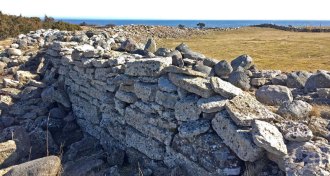 Archaeology
ArchaeologyClues to an Iron Age massacre lie in what the assailants left behind
Ancient Scandinavian massacre may reflect power struggles after Rome’s fall.
By Bruce Bower -
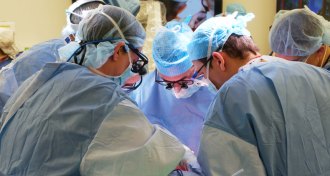 Health & Medicine
Health & MedicineThe first penis-scrotum transplant is the latest to go beyond lifesaving
Advances that give patients new faces, hands and more aim to improve quality of life
-
 Tech
TechPrivate web browsing doesn’t mean no one is watching
Many people misunderstand what private web browsing actually is. Web browsers’ explanations don’t help.
-
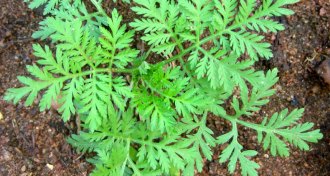 Plants
PlantsGenetically modified plant may boost supply of a powerful malaria drug
Using a DNA study and genetic engineering, researchers tripled the amount of an antimalarial compound naturally produced by sweet wormwood plants.
By Dan Garisto -
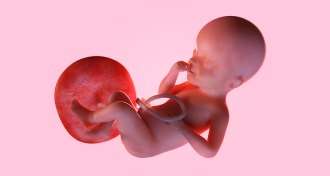 Health & Medicine
Health & MedicineThough often forgotten, the placenta has a huge role in baby’s health
Recent research in mice suggests that a lot of early problems in the embryo may actually have roots in the placenta.
-
 Planetary Science
Planetary ScienceUranus smells like rotten eggs
Planetary scientists detected hydrogen sulfide in Uranus’ upper clouds — the same compound that gives rotten eggs their terrible smell.
-
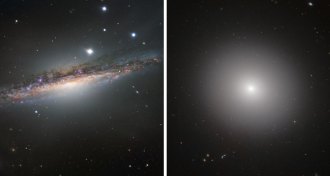 Astronomy
AstronomyYoung galaxies are flat, but old ones are more blobby
A survey of hundreds of star systems precisely links the shape of a galaxy to the ages of its stars.
-
 Science & Society
Science & SocietyInformed wisdom trumps rigid rules when it comes to medical evidence
Narrative reviews of medical evidence offer benefits that the supposedly superior systematic approach can’t.
-
 Genetics
GeneticsCicadas on different schedules can hybridize
A new genetic study suggests that cicadas that emerge every 17 years have swapped genetic material with those that emerge every 13 years.
-
 Science & Society
Science & SocietyClosing the gender gap in some science fields may take over 100 years
In some STEM fields, the gender gap won’t disappear for decades or even centuries, a new study suggests.
By Kyle Plantz -
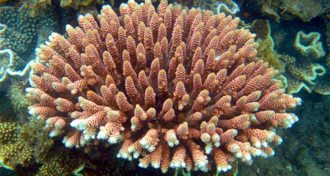 Climate
ClimateHeat waves are roasting reefs, but some corals may be resilient
The latest research on coral reefs clarifies the devastation of heat waves and looks at how coral might be able to adapt to warming waters.
By Dan Garisto -
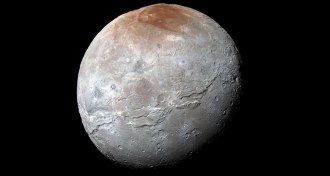 Astronomy
AstronomyCelebrity names now mark places on Pluto’s moon Charon
Pluto’s largest moon, Charon, now has 12 new names for its topological features.
By Dan Garisto